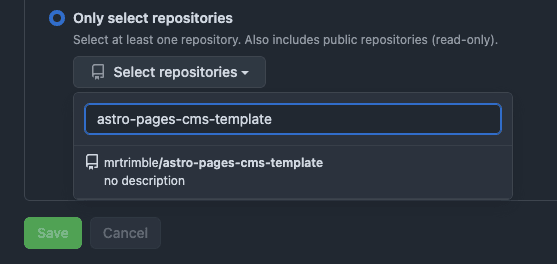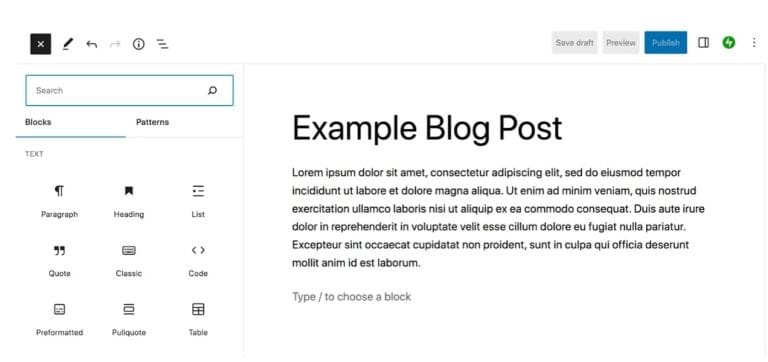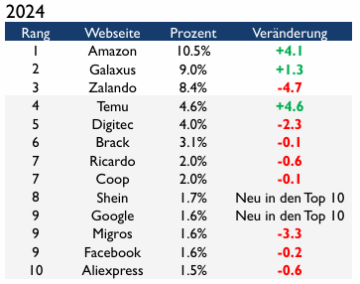
Many consumers may feel overwhelmed by their subscriptions, but that doesn’t seem to be stopping the practice from growing. According to a report released Monday by London-based Juniper Research, the subscription economy will nearly double in the next five years to US$1.2 trillion, from $722.5 billion in 2025.
Juniper is forecasting substantial growth, even though it acknowledges that the players in the market have repositioned their focus from customer acquisition to retention. “Currently, the subscription economy market has entered into a retention era, where the focus on customer acquisition has lessened and shifted to customer retention,” the report, written by analyst Michelle Joynson, noted.
“This is due to subscription fatigue,” it continued, “a condition that customers experience where they feel overwhelmed by the number of subscription services and products available to them.”
“While a global recession is not expected,” it added, “the economy will still be significantly impacted, and subscription fatigue will be at an all-time high.”
“Subscription fatigue is a pushback from consumers that feel like they are overwhelmed with too many products that have subscription services,” said Lou Haverty, owner of Faster Answering, a subscription-based call answering service based in Springfield, Pa., serving small businesses.
“Most commonly, this is due to the perception that people often forget to cancel services they don’t use,” he told the E-Commerce Times. “That gets compounded when people sign up for too many services.”
Top Subscription Management Platforms
Subscription fatigue is that feeling of “too many subscriptions, not enough value,” observed Mark N. Vena, president and principal analyst with SmartTech Research, in Las Vegas.
“It’s driven by rising costs, overlapping services and the mental load of keeping track of them all,” he told the E-Commerce Times. “When customers feel nickel-and-dimed or forget what they’re even paying for, cancellations follow.”
“Subscription fatigue is less about how many subscriptions a person has and more about whether those services deliver perceived and ongoing value,” added Amy Konary, founder of The Subscribed Institute (TSI), a global think tank on the subscription economy, affiliated with Zuora in Redwood City, Calif.
“It can result from a lack of transparency, poor user experience, or rigid cancellation terms,” she told the E-Commerce Times. “Companies that consistently communicate value, personalize experiences, and provide flexibility are more likely to retain long-term subscribers.”
The Juniper report also identified 20 of the top global leaders in subscription management platforms. At the top of the list were Recurly, Zuora, and Zoho. It noted that those companies’ subscription platforms are best positioned to tackle the growing issue of subscription fatigue.
It added that flexible billing was identified as a key feature of market-leading platforms, enabling customers to select the billing model, such as tiered or usage-based billing, according to their requirements.
“Flexible subscriptions allow for tiered pricing based on usage and need, potentially reducing the feeling that subscribers are paying for things they don’t need,” Rob Enderle, president and principal analyst of the Enderle Group, an advisory services firm in Bend, Ore., told the E-Commerce Times.
“Consumers want pricing that reflects their actual usage and evolving needs,” added TSI’s Konary. “Flexible billing models — such as pay-as-you-go, usage-based pricing, or outcome-based subscriptions — are becoming increasingly popular. These models promote fairness, affordability, and trust.”
“Subscribed Institute data shows that businesses using usage-based pricing have grown faster than those on fixed-rate models,” she said. “Customers value the ability to pay for what they use, especially in unpredictable economic conditions.”
SMBs Benefit From Subscription Platforms
Justin Christopher, manager of e-commerce and marketing at Klatch Coffee, a family-owned and -operated coffee company with a dozen sites in Southern California, explained that subscription management platforms allow small- to medium-sized businesses, like his, to focus on their core competencies — such as great specialty coffees — and not re-invent the wheel by building a proprietary subscription platform.
“Subscription management platforms can build advanced features and functionality, spreading the development costs across many customers,” he told the E-Commerce Times. “Our dollars are best invested in building relationships with coffee producers, roasting best practices and QA, not building software.”
Christopher noted that some subscriptions are highly seasonal in the coffee space. “We see more cancellations, order rescheduling, or skipping during the summer,” he said. “Children are out of school, families are traveling, the weather is warmer, and subscribers may not want their coffee shipment to arrive when they are away from home.”
“During winter,” he continued, “bad weather may encourage subscribers to stay home, making to-your-doorstep delivery on an automated schedule more appealing.”
“To accommodate these customers, we make it easy to reschedule or skip a shipment anytime, with no penalty,” he explained. “Consumers tell us they value this flexibility. Unlike some competitors, we also offer no lock-in or cancellation penalty, so consumers can try a new coffee with confidence. Both help reduce subscription churn and enhance loyalty.”
AI’s Role in Subscription Personalization
The report also urged leading vendors to embed AI into their existing technology stacks to track consumer behavior and offer personalization tools. “By leveraging AI, these platforms can develop services and billing models that align more closely with the user’s preferences,” it maintained.
“A growing pain point in the subscription economy is the friction consumers face when trying to update payment methods across various services,” contended Prashant Shah, vice president of product management at Galileo Financial Technologies, a global financial technology platform.
“Think of how tedious it can be to chase down your Netflix, Amazon, Spotify, or even your local utility provider — logging into each one separately just to update a single payment method,” he told the E-Commerce Times. “Streamlining this process means customers experience fewer disruptions, reducing the likelihood they’ll abandon subscriptions. When subscription providers make payment updates effortless, they directly support long-term customer loyalty and steady revenue streams.”
The report also advised that, as the market for subscriptions becomes increasingly saturated, subscription management platforms should invest in predictive AI to further differentiate themselves from competing platforms.
“Subscription management platforms must go beyond basic functionality to stand out,” Juniper’s Joynson said in a statement. “As the cost of AI declines, integrating AI for personalization and dynamic pricing is a strategic imperative. The end goal for implementing AI must be to maximize customer retention through the rapid deployment of new services.”
“The bottom line is that AI helps platforms get smarter, anticipating cancellations, personalizing offers, spotting billing issues, and automating support,” added SmartTech’s Vena. “It turns reactive systems into proactive ones. That level of intelligence sets top-tier platforms apart in a crowded field.”
“Success in the subscription economy isn’t just about signing people up,” he added. “It’s about retention, relevance, and relationships. The winners will be those who treat subscribers like long-term partners, not just monthly revenue streams.”





